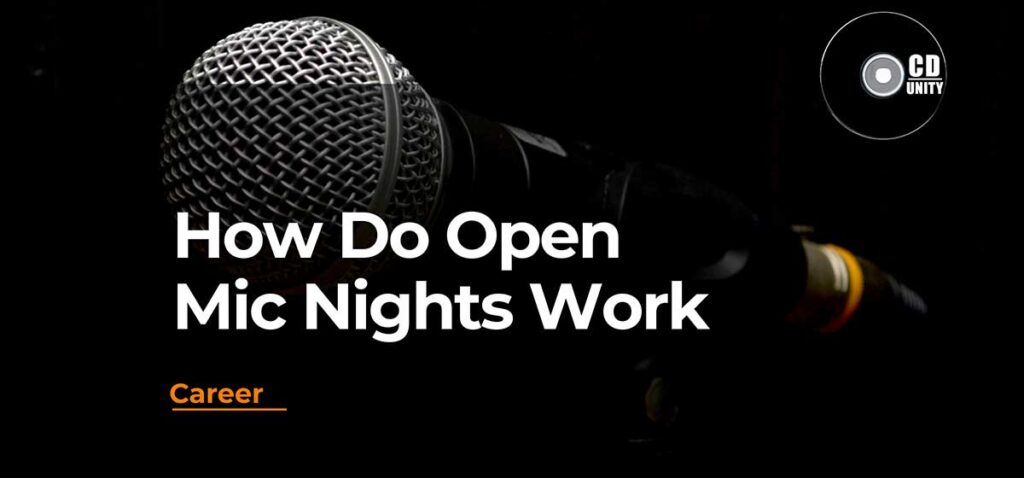
How Do Open Mic Nights Work?
Open mic nights are a great way for anyone with an interest in music, comedy or any other kind of performing art to gain experience and exposure.
Open mics offer performers a platform to showcase their talent in front of a live audience, giving them the opportunity to network and learn from fellow musicians.
Key Takeaways
- Open mic nights are opportunities for amateur and professional performers of all genres to develop their skills with live performances in front of an audience.
- It is important to research local venues and events taking place, before registering to participate by understanding the rules, guidelines as well as performance order and duration.
- Established recording artists often use open mics nights to refine new material while amateurs hone their craft on smaller stages.
- Feedback from fellow performers or members of the audience can help provide invaluable tips on improving performance techniques such as stage presence, delivery and repertoire choice.
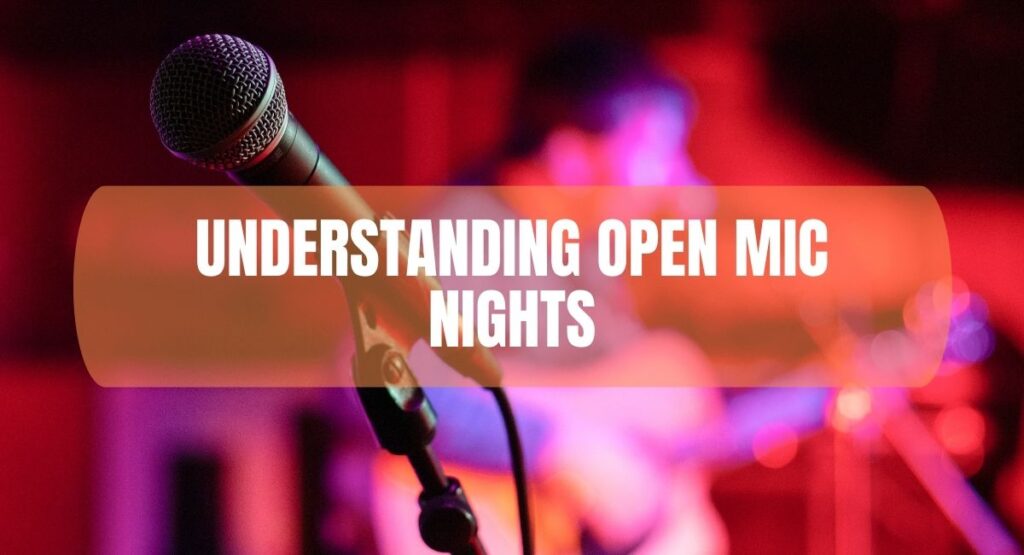
Understanding Open Mic Nights
Open mic nights are gatherings of amateur or professional performers to share their talent, usually hosted at pubs, bars and coffeehouses.
Definition And Purpose
Open mic nights are live music events that usually happen on off-nights like Monday or Tuesday, providing an opportunity for emerging musicians, comedians, poets and other performers to practice their craft and gain experience in front of a live audience.
The point of open mic nights is to provide amateur as well as professional artists with the space and platform they need to showcase their talent.
Unlike karaoke performance opportunities where favourites songs by popular acts are covered acoustically in a bar setting, open mic night shows allow musicians play originals, establish relationships with local writers and artists while networking with seasoned professionals in the industry.
This provides an awesome approachable outlet for not only aspiring singers but also unfamiliar songwriters looking get their material heard without compromise.
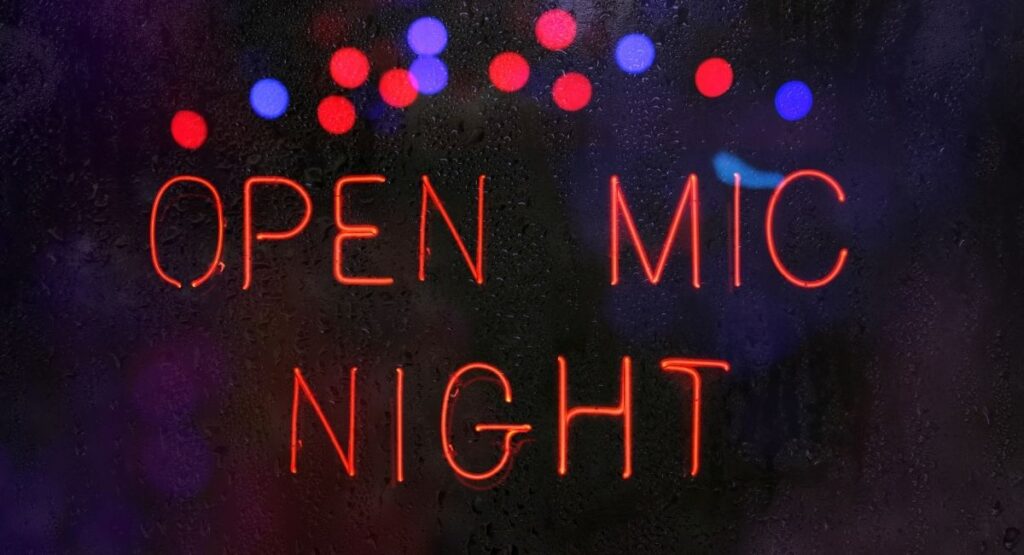
Types Of Open Mic Nights
Open mic nights come in many different shapes and sizes. From traditional Music Open Mics to Stand Up Comedy and even Poetry Slams, there are plenty of different types of open mic events available.
Traditional Music Open Mics often attract aspiring songwriters who showcase their original music or perform covers songs with a band.
Some venues also provide local comedians an opportunity to present their jokes while improv troupes can use these platforms to show off their skills.
Meanwhile Poetry Slams usually involve audience members competing with each other by reading out loud their own poems in front of the crowd, who determine the winner on points earned through storytelling ability and stage presence.
No matter what type of open mic night you choose to experience should have one thing in common – it provides talent searching for exposure another platform that allows them to reach new audiences without breaking the bank – something they could not do if they had no money!.
Open mic nights have a long and rich history harking back to the beginnings of the 20th century, when they provided an outlet for jazz musicians, bluesmen and other performers.
Over time, open mics grew in popularity as a way to foster creativity and give emerging musicians, comedians and storytellers a platform to showcase their talent.
Today’s open mic nights still offer artists vibrant opportunities for performance experience and career growth.
From folk singers or stand-up comedians honing their craft on smaller stages to established recording artists refining new material in front of enthusiastic crowds – these free events provide crucial exposure for today’s musical talent.

How To Participate In Open Mic Nights
Instructions on how to participate in an open mic night include finding venues and events, registering to perform, adhering to any venue rules and guidelines as well as deciding on performance order and duration.
Finding Venues And Events
Participating in an open mic night is a great way to get experience performing music in front of a live audience, and the first step is finding these events.
The easiest way to find open mic nights near you is by searching for them online.
Online resources such as event listing websites, social media, and local community groups are fantastic for locating local open mics.
When filtering search results, it’s important to look out for events that fit your music genre and scheduling preferences.
Additionally, call venues directly to make sure events are still happening.
Many towns and cities also have local entertainment magazines that list upcoming open mic nights as well as established performance opportunities at pubs and other venues.
Once you’ve identified promising options, simply call the venue where its hosted or refer to their website if they have one, just to confirm that the event is still taking place.
Asking around also helps—as does getting in touch with fellow performers—so make sure you do your homework before turning up for your first gig!

Registering To Perform
Before you kick off your performance, it’s important to know what a registering process entails.
Firstly, research and find the right venue for you; this could be done online or by speaking to fellow performers.
There are usually different types of open mics available like acoustic-only nights, jam sessions, songwriter events or multiple genres.
Once you’ve found your preferred spot, ask about their rules and regulations as well as what equipment is available for use.
Also inquire about how long each performer is given in terms of set time suggests — if there’s limited slots then ensure you have enough material prepared which can fit within those restrictions.
Rules And Guidelines
- Research the venue’s rules and etiquette before arriving for your open mic night performance. Most venues list their event information on their website, or you can simply call them to get an idea of what to expect from the evening.
- Arrive early in order to sign up and make sure that you are placed in the correct spot in the running order. The performers will usually be announced by a host or MC who is involved with organizing open mics at the venue.
- Respect other musicians playing at the event and ensure that any conversation within earshot of fellow performers doesn’t distract them while they’re onstage. This goes for waiting around before as well as during performances – it’s important to remember you’re all there to do something positive!
- Follow time limits when performing on stage – most open mics give a maximum of 10 minutes per performer, so ensure that your set list reflects this if needed.
- Minimize distractions such as drinking alcohol or eating food near where others are playing, or conversing too loudly backstage which could disrupt someone else’s performance flow. People go to open mics expecting great music and entertainment, not loud conversations between friends!
- Engage with your audience no matter how big (or small) it may be – even if only one person is listening, make sure that you perform your songs like it’s a packed house! It will help build confidence for future gigs & create more interaction/ enthusiasm about open mic nights as whole going forward :).

Performance Order And Feedback
Open mic nights are a great opportunity for musicians of all levels to develop their playing and song writing skills by giving them a chance to show their talent in front of an audience.
Performance order is typically determined on arrival at the venue, with those who arrived first getting priority towards performing at the start or end of the event.
At most open mics, performers will also receive feedback from not only other musicians but from members of any audience that have attended too.
Receiving that kind of attention and input can help provide invaluable tips on improving performance techniques such as stage presence, delivery, timing and repertoire choice.
Experienced artists may also offer advice about gigs where you could perform your own original songs; networking opportunities like this are common at many open mic nights which create a wonderful environment for talents to come together.
The Length Of An Open Mic Set
Participating in an open mic night allows emerging performers to show off their skills and gives audience members the chance to discover hidden talents.
However, no matter what kind of set you perform, understanding how much time you have is essential for a successful performance.
The length of most open mic nights is generally between three to five hours long and the average set length is around 15-20 minutes (with some sets slightly varying depending on your skill level).
It’s important to plan out the content of your set appropriately and leave room for audience interaction too!
Also bear in mind that performing cover songs may add more variety but ultimately take away from showcasing original material where possible.
If using cover songs consider blending them together if allowed by venue rules making sure each flows into another seamlessly.
Open mic nights require every second count, being able pick music wisely can definitely help achieve this goal without losing any momentum when transitioning from one song/joke to another .
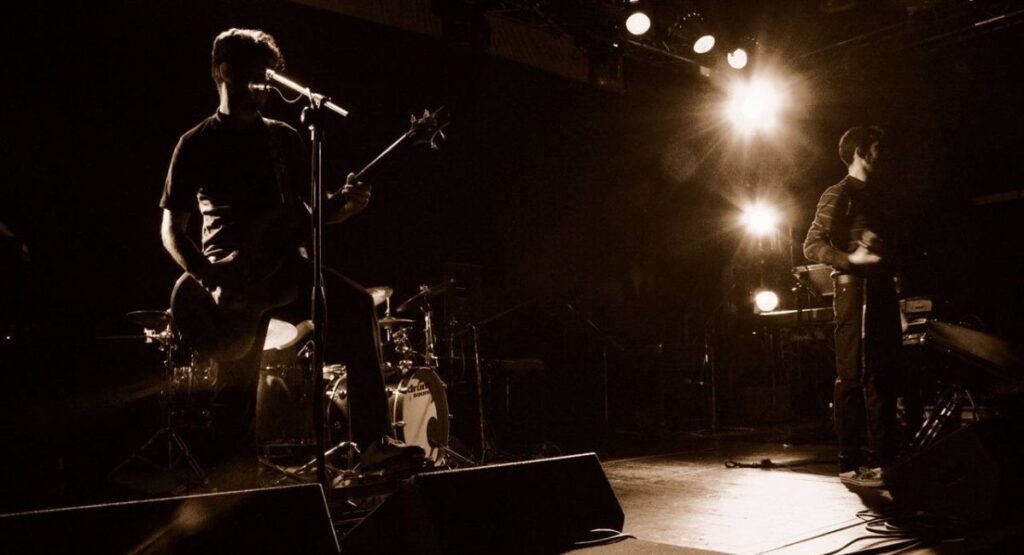
Equipment Needed
A successful performance at an open mic night requires the proper tools and equipment. While some venues may provide basic PA and sound equipment, this is not always the case—it’s important to come prepared!
Here are some of the must-have essentials for an open mic night:
• Microphone – The type of microphone you’ll need depends on various factors including your budget, genre of music, level of volume desired and whether you will be performing solo or as a band. Dynamic mics are usually more affordable but require more gain than condenser microphones with wider frequency ranges.
• Speakers – Although it’s very rare that the venue won’t supply speakers for the event (I heard some grim stories) you should always double check or ask your mates who have performed in that venue before.
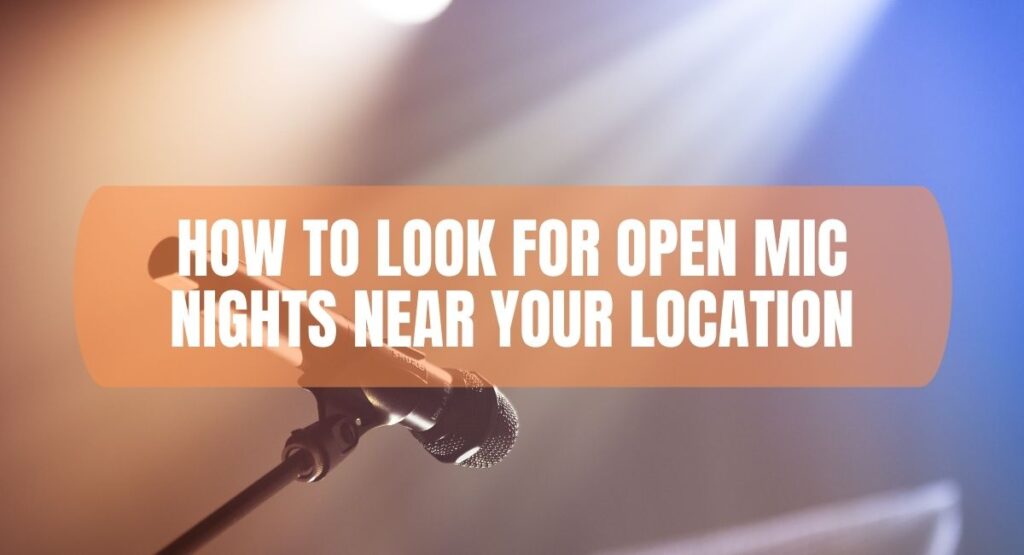
How To Look For Open Mic Nights Near Your Location
- The easiest and most reliable way to find open mic nights near you is by searching the internet for venues that organise regular events in and around your location.
- It is important to check with the venue beforehand as details of open mics can vary from place to place. You could also consider starting one yourself if there’s no existing event by speaking to local landlords or venues.
- The website Vocalist provides a complete guide on everything you need to know about performing at an open mic night. ensuring a successful performance.
- When preparing for an open mic it essential to practice more songs than you intend playing so that you are well prepared, taking all necessary equipment like support materials, amplifiers etc with you when attending the events.
- Don’t forget contact information such as phone numbers and websites where applicable when looking up resorts or pubs nearby offering these services!

Tips For A Successful Open Mic Night Performance
Always be well prepared and select your best material that resonates with the audience.
Choosing The Right Material
Open mic nights are the perfect platform for amateur and upcoming musicians to showcase their talent and test out new material. To make sure your performance shines you need to put in a bit of extra effort making sure that you’re choosing the right material for the night.
To get the best out of an open mic, it’s important to consider both who will be in attendance as well as what kind of venue you’re playing at. For example, playing punk rock or heavy metal genres might not work so well if you’re performing at a quiet coffee house with just an acoustic guitar.
Similarly, belting out a folk song at a loud bar may drown out some of the finer nuances which could be lost on your audience.
To help ensure success during an open mic night performance, think about music that resonates with everyone or even incorporates different styles to please diverse crowds such as jazz fused with hip hop or RnB mixed into progressive metal!
This can create magical moments when done correctly and keep listeners entranced throughout your performance!
As long as it isn’t too generic, cover songs usually go down well because they have already proven popular amongst audiences (for example: James Bay’s Hold Back The River is still requested by many).
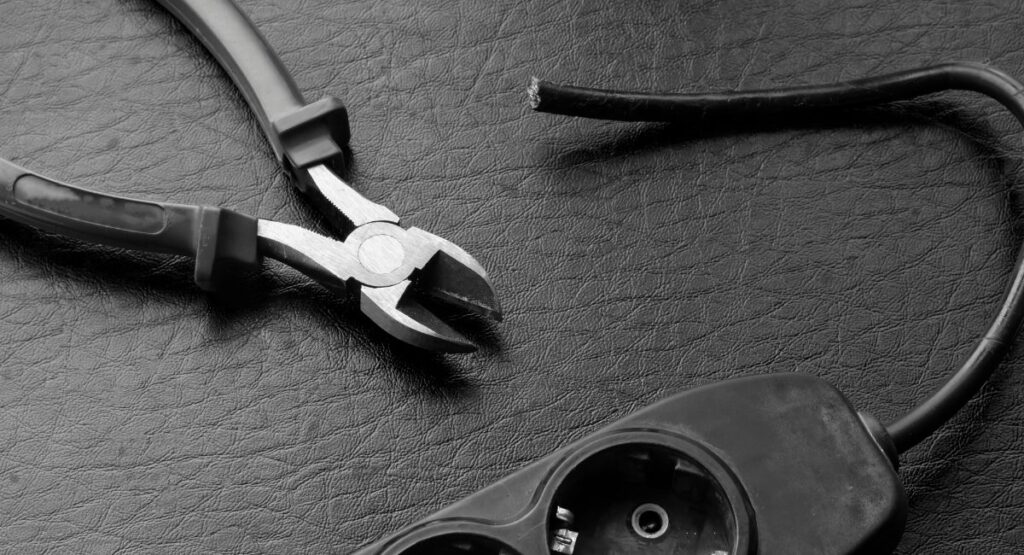
Handling Technical Issues
When performing at an open mic night, technical issues can come up that can present a challenge to even experienced performers. Common technical issues include microphone feedback, guitar tuning problems, amps not working properly or sound system difficulties. To avoid these pitfalls and ensure your performance runs smoothly:
- Always arrive early so you have the opportunity to check your equipment and settings before it’s time to perform.
- Make sure you communicate with the sound engineer or host as soon as possible before your set begins – they should always be willing to help out if there are any sound-related questions or difficulties.
- Familiarize yourself with how the space works and all of its features in advance – for example, know where the power outlets are located and what kind of cables might be needed for connecting instruments or vocal microphones etc., paying extra attention if this is a venue you’ve never been to before (You may want to bring some spare mic cable just in case).
- If something does go wrong during your set (e.g., feedback from a faulty microphone), don’t panic – try troubleshooting first by checking connections between devices, turning off unnecessary amplifiers and adjusting levels on stage monitors/PA speakers accordingly until the issue is resolved (or until someone more knowledgeable arrives). Once everything has been sorted out then speak directly into the microphone again continuing on with business as usual!5 Finally, stay focused throughout each song – making split second decisions based upon what’s happening around him or her – rather than getting flustered by minor glitches here and there caused by changing conditions during performances (e.g., sudden change in volume level due unexpected noise/feedback coming through one of many “hot spots” within an average local bar stage setup).

Dealing With Criticism And Rejection
When you’re about to perform in front of a live audience, constructive criticism can be hard to handle. Still, accepting criticism is essential and helps you learn how to improve your performance.
What’s more, it’s important not take rejection personally.
Try not take a “No” as an indictment of your talent; instead learn from any negative feedback that comes your way and review what techniques could help you perform better next time.
Particularly when starting off at open mic nights, it’s beneficial to have experienced people on hand who can provide insights into music theory or advice on particular gigs or venues so that aspiring artist can evolve their craft without wasting time having bad experiences themselves over again every time they come across them anew.

Beating Stage Fright
• Push yourself outside your comfort zone by doing something you don’t usually do. Gradually stretch yourself and perform more songs at each open mic night.
• Talk to your friends and family about singing. Ask them to listen to your performance while you focus on delivering quality music instead of worrying about strangers in the audience.
• Find a ritual or routine before you perform—make sure it’s something that will help you get focused, such as visualizing success, taking some deep breaths or talking yourself through your set list.
• Arrive at the venue early – it helps making sure you get access to good equipment and allows you time to warm-up too.
• Rehearse thoroughly and make sure that everything is setup correctly in advance. This will provide more confidence when having to deal with wired equipment up on the stage.
• Take feedback on board rather than focusing solely on criticism – ultimately, no performance will be perfect but feedback can help inform your next performance.
• Remember that even successful performers experience nerves – James Bay and George Ezra have both been open about how they tackle stage fright when performing!
I hope that was helpful and finding a spot for a local open mic night will be less stressful and fun!
Cheers, Josh
FAQ
What happens at an open mic night?
At an open mic night, musicians and performers get a chance to showcase their talent on stage. It's a great platform for beginners to gain experience and for experienced artists to try out new material. Performers typically play a short set, which can include cover songs or original compositions. The atmosphere is usually informal, and you can often find a supportive community of fellow musicians and music lovers.
How can I find open mic nights in my area?
To find open mic nights in your local music scene, try searching online for events in your city or town. Social media platforms like Facebook and local websites often promote these events. You can also check local bars, clubs, and coffee shops that host live music nights as they might have at least one open mic event scheduled.
What can I do to prepare for an open mic night?
To prepare for an open mic night, pick a few of your best songs to perform and practice them well. Make sure your instruments are tuned and in good working condition. You might also want to rehearse your performance a few times in front of friends or family to build confidence and get some feedback before hitting the stage.
Can I perform cover songs at an open mic night?
Yes, most open mic nights allow performers to play cover songs. However, it's important to put your unique spin on these covers and not just copy the original artist. Be sure to double-check with the event host in advance to find out whether there are any specific rules regarding performing cover songs.
Is it a good idea to play my original songs at an open mic night?
Absolutely! Open mic nights are a great opportunity to showcase your original compositions and get your music heard. However, it’s a good idea to mix in some well-known cover songs to keep the audience engaged and interested.
How can I make the most of open mic nights for my music career?
Open mic nights can be an excellent networking opportunity for musicians. Make sure to introduce yourself to other performers, event organizers, and audience members. Bring business cards with your contact information and social media handles to hand out to people who show interest in your music. Be sure to also support other performers and engage with the local music community as this can help build valuable connections.
How long is a typical open mic set?
The length of an open mic set can vary depending on the event and the number of performers. Generally, sets range from 10 to 20 minutes, which usually allows for 3 to 5 songs. Make sure you check with the host beforehand to know how much time you'll have and plan your set accordingly.
Can I use backing tracks at an open mic night?
Some open mic events may allow backing tracks, but it's always better to find out from the host in advance. Keep in mind that open mic nights are generally aimed at giving musicians a chance to perform live, so playing with a full band or playing acoustic sets is often preferred.
What should I do if I encounter technical problems during my performance?
If you face any technical issues during your open mic performance, such as a faulty cable, microphone, or instrument, try to stay calm and ask the host or sound engineer for assistance. It's always a good idea to be prepared with backup cables and batteries just in case. Remember, most open mic audiences understand that technical issues can happen and will be supportive and patient.
Do I need to sign up in advance for an open mic night?
Some open mic nights require performers to sign up in advance, while others have a sign-up sheet available at the venue before the event starts. In any case, it's a good idea to arrive early to ensure you get a spot on the lineup. You can also contact the host in advance and let them know you're interested in performing to learn more about the sign-up process.
Browse our CD duplication products
Hello, I’m Josh, and I’ve been honing my graphic design skills for almost 15 years now, catering to the needs of bands and businesses alike. What really fascinates me is the business aspect of the music industry. In addition to my design work, I also happen to play the Hammond organ, and I strive to share my knowledge through helpful articles that I write exclusively for you all!


